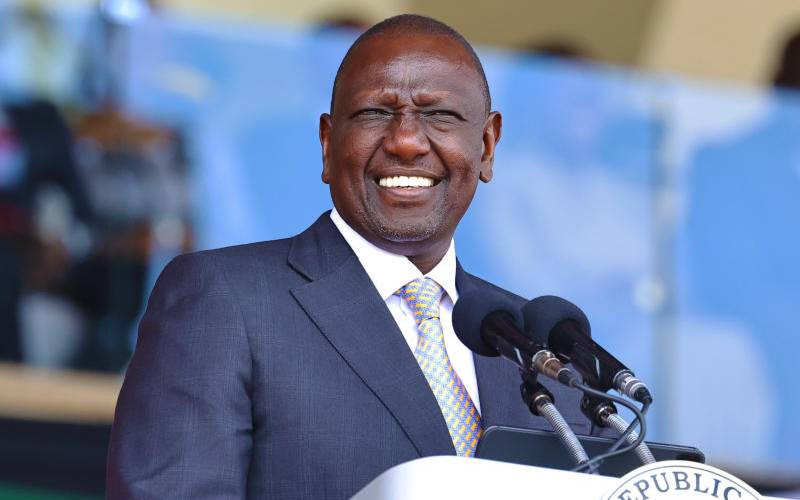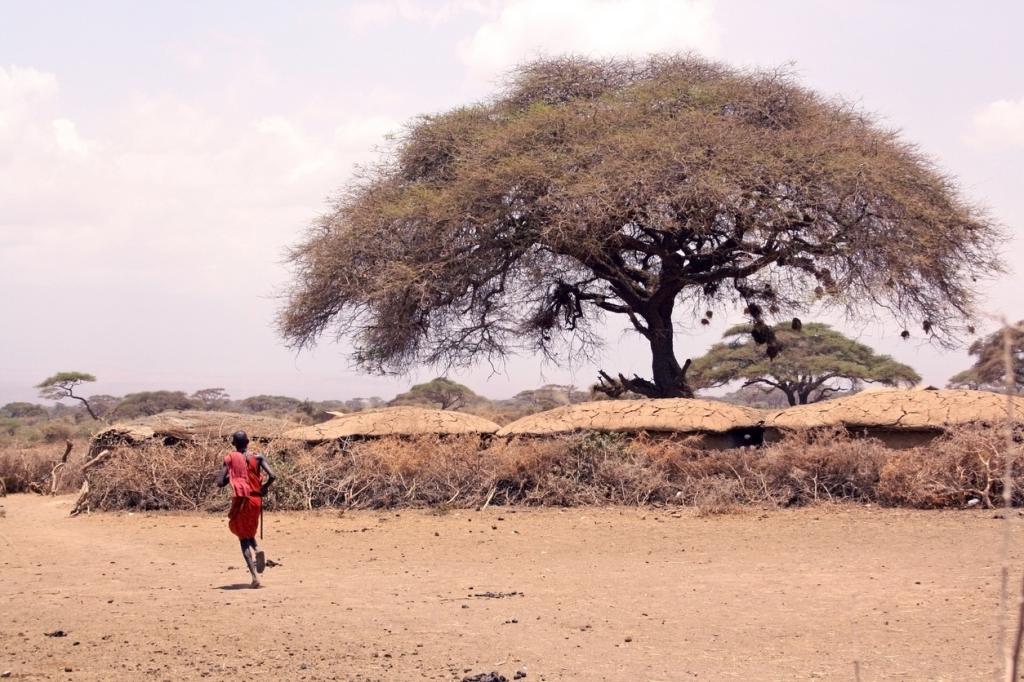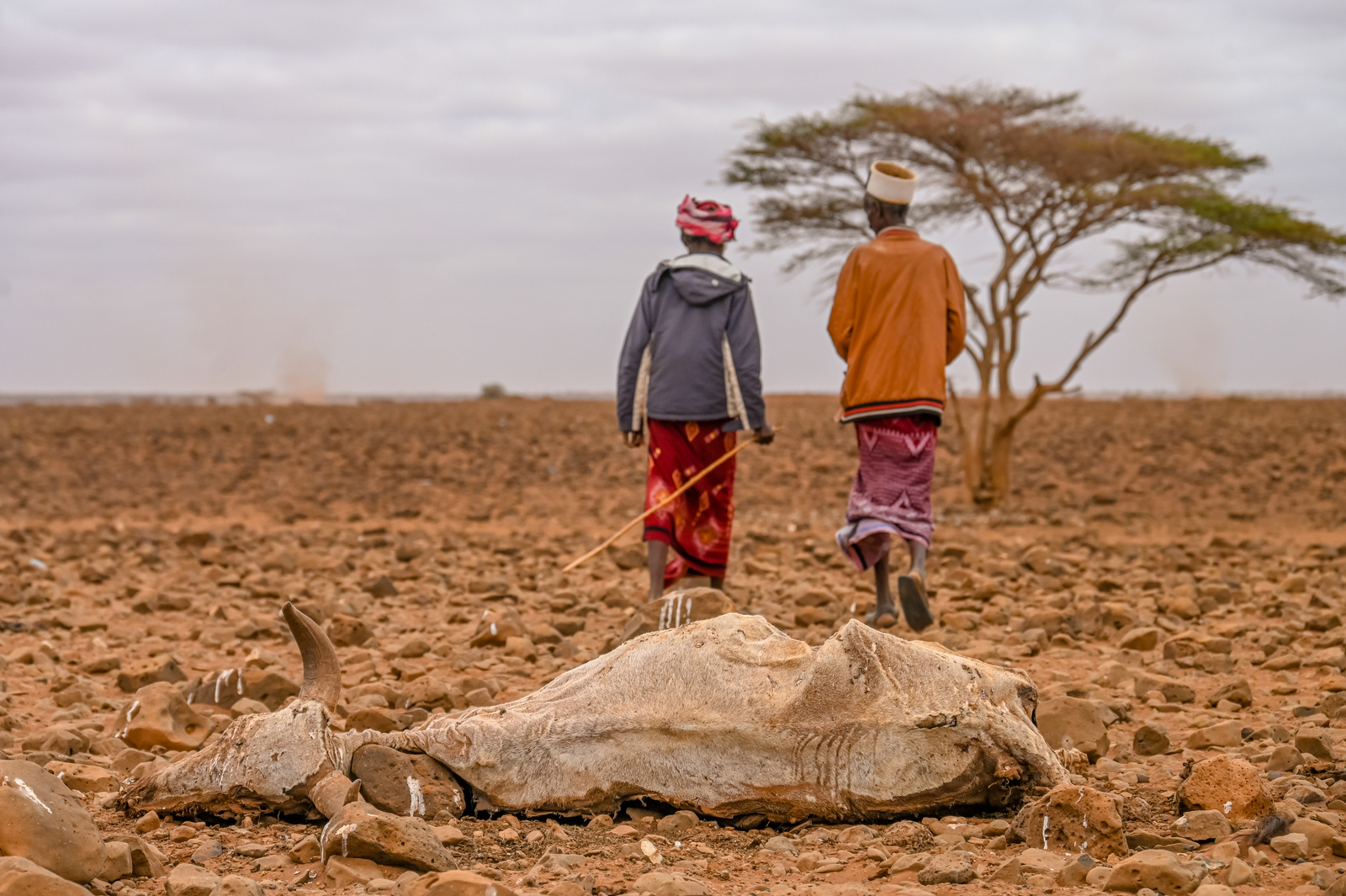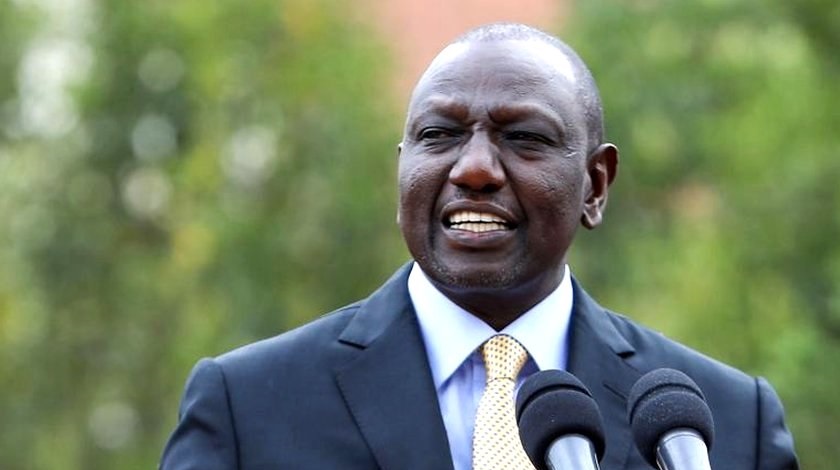President William Ruto has called for stepping up measures and interventions to the nation's worsening drought and food crisis.

Addressing the State House for the release assessment report for the 2022 short drops of rain (October to December), he said an immediate response was required to prevent widespread suffering and sorrow.
The president of the state announced that Sh6 billion had been allocated in the most recent supplementary budget to address the drought between February and May.
"We are experiencing a severe drought that has caused great anguish and suffering". According to Ruto, the problem is getting worse and urgently larger-scale solutions are needed.
Did you read this?
"The National Steering Committee on Drought Relief, led by the business sector and has gathered Sh650 million so far, will contribute additional funds to the total. There might need to be more, though".
"Urgent actions to save lives require more than Sh15.35 billion. We appeal to our global allies, the corporate sector, and well-wishers to assist us in filling this resource gap and fostering long-term resilience".
The president continued by outlining the urgent need for attention to critical sectors, which include increased food assistance, cash transfers, and measures in health and nutrition.
A steady water supply, livestock feeds, school food programs, and peace and security activities are different solutions.

Rigathi Gachagua, the deputy president, added that the government must take long-term action to protect the nation from a similar catastrophe in the future.
He claimed that continued ecological restoration efforts and irrigation throughout the nation would sustainably aid in restoring the ecosystem and counteracting the effects of climate change.
"We appreciate the support from our regional, national, and international partners who have continued to assist in the tragedy. With streamlined and coordinated multi-agency responses, he added that we had maintained our efforts to ensure no life gets lost".
"We will keep cooperating as we look for both immediate and long-term solutions to maintain the sustainability of food and feed in the face of climate change."
This commitment comes in response to a report published every Thursday by the National Drought and Management Authority (NDMA) that estimates 6 million people in 32 counties, particularly in ASALs counties, are suffering from acute malnutrition and a protracted drought as a result of a fifth consecutive poor rainfall season.

The drought and food insecurity situation in the country is getting worse, and there are currently 142,000 pregnant women, over 970,000 children between the ages of six and nine months, and over 970,000 children under six who are malnourished.
According to the research, the current drought For the following three months will prolong, and Turkana, Marsabit, Mandera, Wajir, and Garissa counties will likely enter the Emergency Phase.
Depending on how well the long rainy season from March to May performs, the population in the crisis phase and even above could increase to around 5.4 million in the ASAL counties alone by June of this year.

The analysis suggests that a sustained multi-sector reaction is needed over the next six months to prevent or stop the impending slump.
The report proposed "scaling up of food and nutrition support and cash transfers, improving mass screening, mapping of regions with high malnutrition burden, and delivering integrated health and nutrition outreaches."









